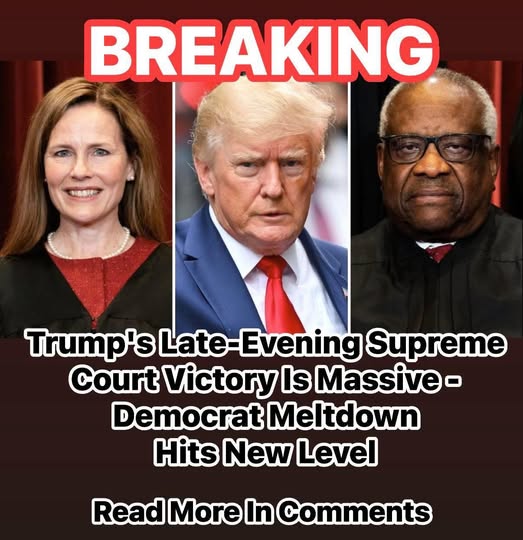This article may contain commentary which reflects the author’s opinion.
In the hallowed chambers of the Supreme Court, a constitutional battle that has simmered for decades reached a climactic moment that could fundamentally reshape the balance of power between America’s branches of government. What began as a dispute over foreign aid funding has evolved into something far more consequential—a defining test of presidential authority that threatens to upend nearly half a century of established precedent about how money flows from Congress to the world.
The stakes of this judicial confrontation extend far beyond the billions of dollars in question, touching the very foundations of American governance and the delicate constitutional framework that has guided the separation of powers since the founding era. At its core lies a question that has vexed legal scholars and political leaders for generations: When Congress appropriates money, can a president simply refuse to spend it?
The Unprecedented Maneuver: A Presidential Gambit Five Decades in the Making
